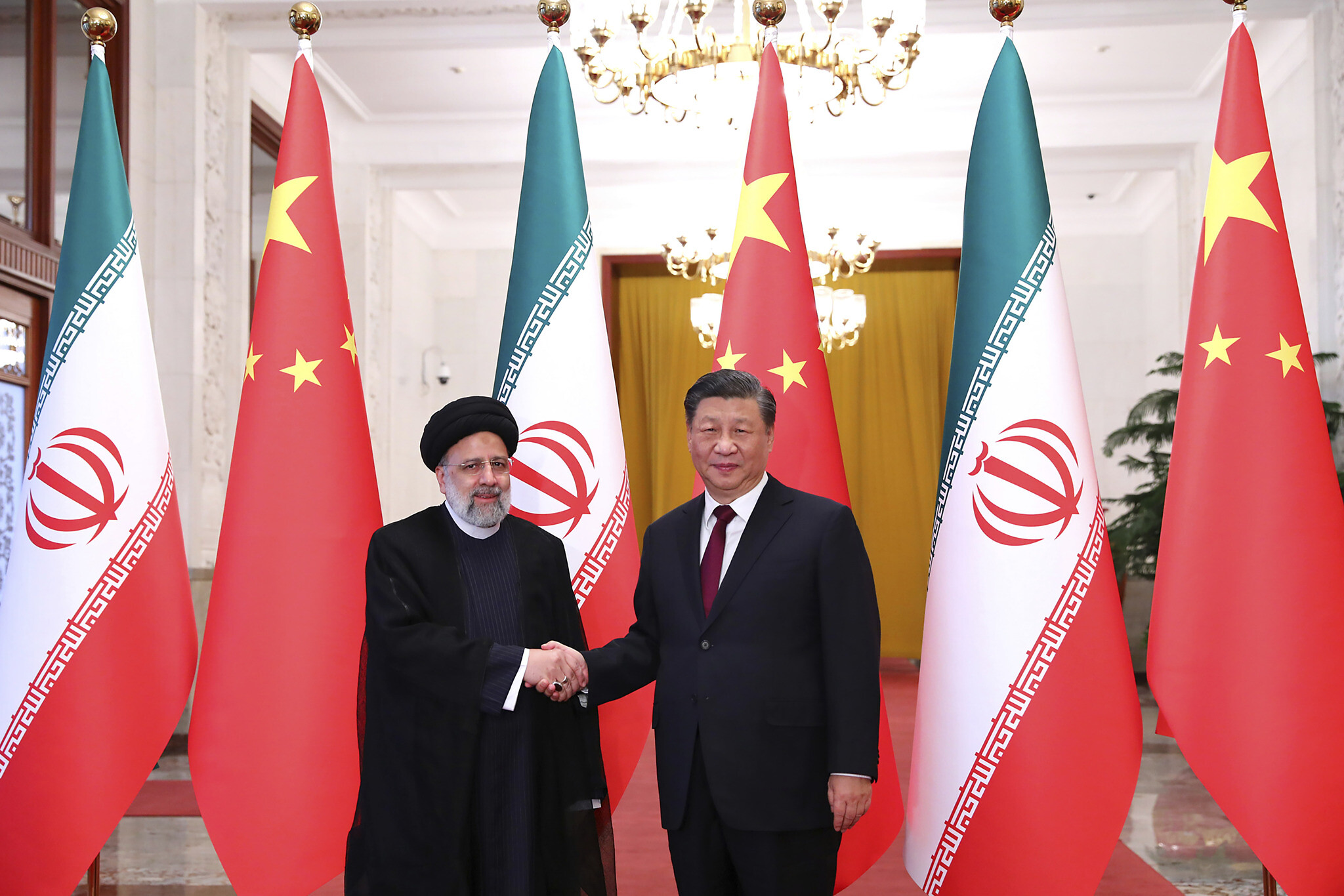Russia’s oil, gas revenue to double in April despite US sanctions ($14 billion).
This month, Russia’s oil and gas revenues could double, amounting to an astounding $14 billion in April 2024 alone. Despite the United States’ insistence on economic sanctions against Russia in retaliation for its invasion of Ukraine, profits have increased.
Last year, compared to 2022, the sanctions caused a significant decline of 23.9% in the country’s oil and gas revenues. Nevertheless, the United States sanctions were disregarded this year as the government sold oil to Europe and other developing nations at reduced prices.
Leading energy exporting nation Russia had supplied Saudi Arabia with oil at a discount, which the country subsequently laundered throughout Europe. In addition to acquiring inexpensive Russian oil, India had saved approximately $7 billion in exchange rates. Chinese oil imports have ranked among the highest since the United States imposed economic sanctions in 2022.

According to a recent Reuters report, Russia will gain an estimated $14 billion in hydrocarbon and gas-related revenues in April 2024. That is a tripling of profits despite the US sanctions from the previous year. As per estimations, the nation’s oil and gas revenues will increase from $7 billion in April 2023 to $14 billion in April 2024.
“For 2024 as a whole, the government has budgeted for federal revenue of 11.5 trillion roubles from oil and gas sales, up 30% from 2023 and reversing that year’s 24% decline owing to weaker oil prices and sanctions-hit gas exports,”
According to the report.
This development suggests that the sanctions imposed by the United States have not entirely weakened Russia. In light of the expansion of Russia’s hydrocarbon industry, Russia has taken minimal measures to impede the growth of its economy in the face of geopolitical tensions.
Russia is sustaining its hydrocarbon economy despite the White House’s imposition of sanctions. This development instills optimism among other developing nations that the efficacy of US sanctions may be called into question with the implementation of appropriate policies.


